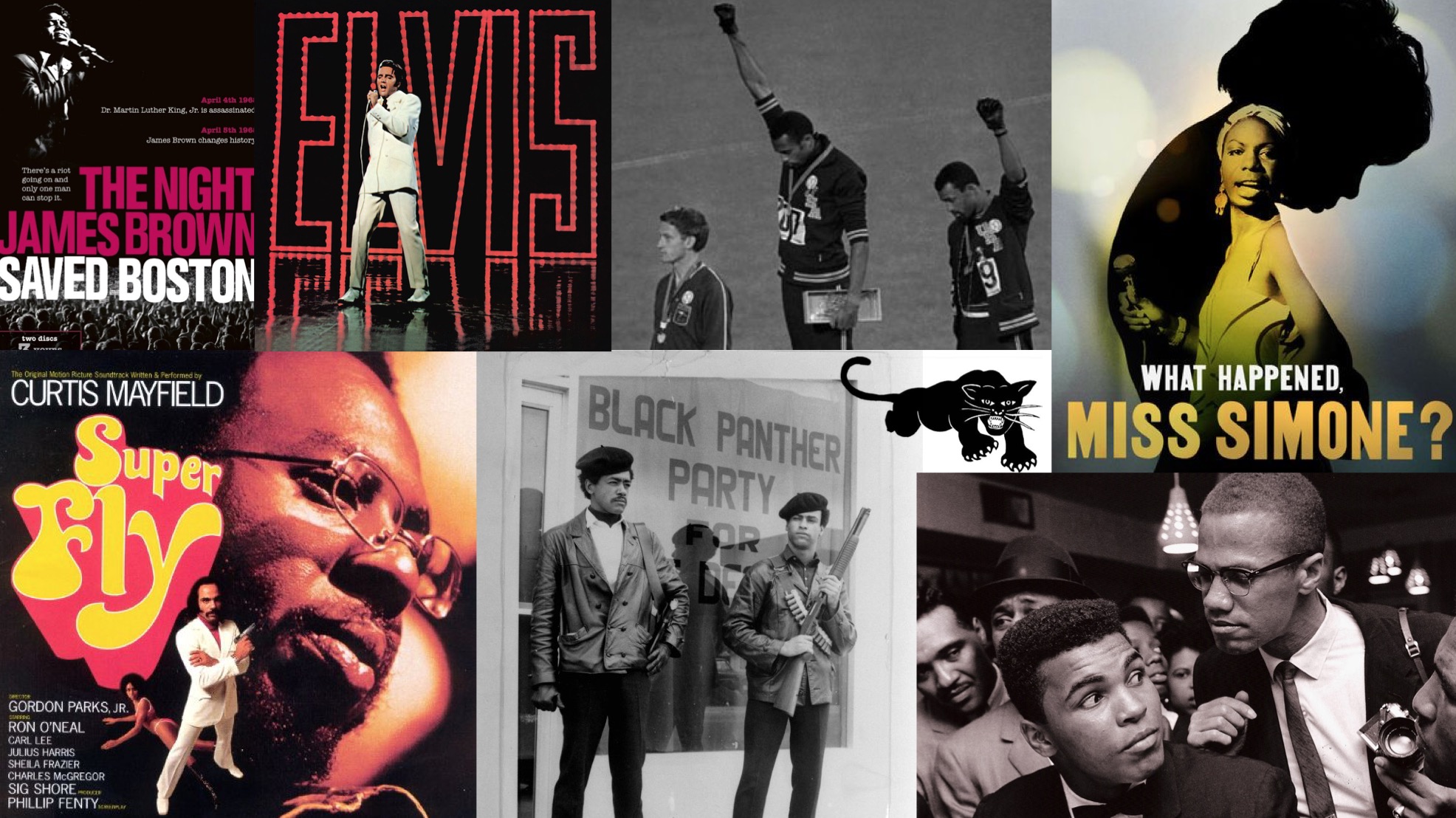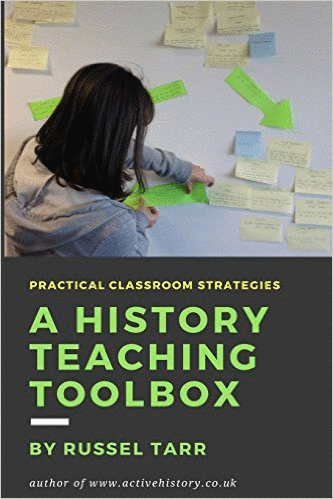World History teaching resources for the high school classroom: lesson plans, worksheets, quizzes and simulation games for KS3, IGCSE, IB and A-Level teachers.

Were sportspeople, musicians or politicians more important in the struggle for civil rights?
The civil rights struggle is a topic which I also teach in great depth to IB History students. Standard Level Students examine The Civil Rights Struggle up to 1965. Higher Level Students additionally look at the The Radicalisation of the Civil Rights Movement after 1965.
Powerpoint Starter - What's going on in this image?
Students are presented with a partly obscured image. Can they tell what's going on? When it was taken? What's the mood of the people present? They are then shown the rest of the picture. A powerful way of stressing that although slavery had long been abolished by the 1930s, racial prejudice and violence was all too prevalent.
Overview of civil rights campaigners
Students are given groups of politicians, musicians and sportsmen. Their job is to use Google Images to locate a picture of each person and paste them into the document. As they do so they start thinking about which character they would like to research in more depth if given the opportunity.
Individual Research Project: "Fakebook" Profile of a civil rights campaigner
Students are allocated or choose one of the musicians, sportsmen or politicians to research in more depth. They will present their work in the form of a "Fakebook" profile using the application based at www.classtools.net.
Sportsmen Focus
PowerPoint Starter - What's going on in this image?
Students are presented with a famous image of two black sportsmen raising one hand in the air, wearing black gloves. What do the students think this means? Why are they wearing their gloves on different hands? A good way of setting up the focus on sportspeople.
Feedback on Sportspeople
The students in the class who researched sportspeople as their "Fakebook" project now feedback to the class with their findings by identifying the one most important event in their lives which illustrates their importance to the civil rights struggle. Everyone in the class uses this to start developing a thematic timeline document.
Politicians Focus
PowerPoint Starter - What's going on in this image?
Students are presented with a famous image of two black politicians shaking hands. Why was this such a newsworthy event? A good way of setting up the focus on politicians.
Feedback on Politicians
Students complete this worksheet following from the image, and then students in the class who researched politicians as their "Fakebook" project now feedback to the class with their findings by identifying the one most important event in their lives which illustrates their importance to the civil rights struggle. Everyone in the class uses this to continue developing their thematic timeline document.
In-depth Research: A Virtual Interview with Martin Luther King Jr.
Using this worksheet to help them, students conduct a "Head to Head" Interview with Martin Luther King Jr. to spot mistakes in an account of his life, then produce a newspaper report based on the extra questions they choose to ask him. There is also a completed teacher version available.
Musicians Focus
PowerPoint Starter on 1968 - What's going on in this image?
Students are presented with two famous images. What is going on in each one? This introduces to 1968 as a "Year of Tragedy" for the Civil Rights struggle and also makes use of this video file.
Feedback on Musicians
Students complete this worksheet following from the image, and then students in the class who researched musicians as their "Fakebook" project now feedback to the class with their findings by identifying the one most important event in their lives which illustrates their importance to the civil rights struggle. Everyone in the class uses this to continue developing their thematic timeline document.
Design a Civil Rights Music Compilation CD
60 song titles are shared between the class.
a.
Locate the lyrics of the song titles you are given (e.g. using elyrics.net) and read them.
b. Decide which one song you like best overall from its lyrics.
c. Copy an extract from these lyrics into a shared Google Presentation like the one below.
d. Embed a video of the song from YouTube and listen to it.
e. Place an “interesting fact” about the song and/or its writer into the “Did you know…?” box.
f. Vote on the most interesting songs as the basis of a "Best of..." CD.
Here's a sample presentation from Year 9 at the International School of Toulouse:

© 1998-2025 Russel Tarr, ActiveHistory.co.uk Limited (Reg. 6111680)
1 Torrin Drive, Shrewsbury, Shropshire, SY3 6AW, England
Privacy Policy | Contact






